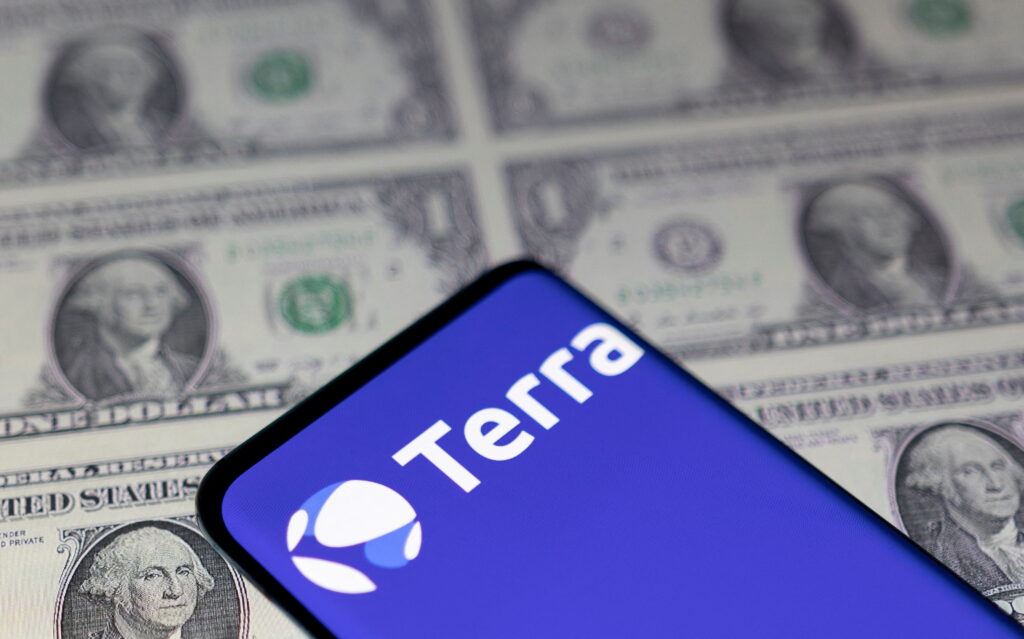On July 18, 2025, President Donald Trump signed the Guiding and Establishing National Innovation for U.S. Stablecoins (GENIUS) Act into law, marking a pivotal moment for the cryptocurrency industry in the United States.
The legislation was passed with bipartisan support in both the Senate and House, establishing a federal regulatory framework for stablecoins—digital currencies pegged to assets like the U.S. dollar to maintain price stability.
However, the passage of the bill may have an impact beyond American borders, particularly in Africa, where stablecoins are gaining traction as tools for financial inclusion and economic resilience.
Stablecoins: A Bridge to Financial Inclusion in Africa
In Sub-Saharan Africa, where majority of the population remains unbanked, stablecoins have emerged as a transformative force.
Unlike volatile cryptocurrencies such as Bitcoin, stablecoins like Circle’s USDC and Tether’s USDT offer price stability, making them viable for everyday transactions and cross-border payments.
Carmelle Cadet, CEO and founder of EMTECH, a software as a service (SaaS) to connect Central Banks and Financial Service Providers, says the passage of the GENIUS Act will make a big impact for central banks and financial regulators.
This should be an exciting time for governments and central banks looking to develop and modernize their financial markets,” she said.

“New laws mean new rules. Once that’s done, establishing a regulatory environment that unlocks the power of blockchain, attract investment, market resilience, trust, and stabilize currencies, could be the single most important decision in front of regulators right now.“
Opportunities for Africa’s Emerging Markets
Africa’s emerging markets stand to benefit significantly from the GENIUS Act’s ripple effects.
The legislation’s emphasis on reserve-backed stability could make dollar-pegged stablecoins even more attractive, offering Africans a reliable store of value.
Moreover, the act’s potential to integrate stablecoins into mainstream payment systems—such as those of Visa and Mastercard—could reduce transaction costs, making cross-border trade more accessible for African businesses.

In 2024, the Ghana Central Bank released a draft of guidelines for digital assets in the country and is currently signing up virtual asset providers ahead of the passage of legislation.
Other African countries, including South Africa and Kenya, have also worked on policies for virtual assets.
The Pan-African Payment and Settlement System (PAPSS), a cross-border, financial market infrastructure enabling payment transactions across Africa, could also use stablecoins in its system in the future.
Risks and Challenges
Despite its promise, the GENIUS Act has sparked concerns that could affect its impact in Africa.
In countries where governance challenges persist, corruption and conflicts could arise if stablecoin issuers gain undue influence over regulators.
Moreover, the act’s structure raises questions about systemic risks. By allowing nonbank entities, such as tech giants like Amazon, to issue stablecoins, it could divert funds from traditional banks, which play a critical role in lending to African businesses.
The GENIUS Act also sidesteps the issue of custodial risk. If a stablecoin issuer or custodian goes bankrupt—as seen with the 2022 TerraUSD collapse, which wiped out $40 billion—African users could face significant losses without robust consumer protections.

A Call for African Innovation
The GENIUS Act’s passage signals a global shift toward regulated digital finance, and Africa must respond strategically.
“As we stand today, Everything can be tokenized: cash, deposits, bonds, stocks, gold, real estate, and everything that will be tradable,” said Carmelle Cadet from EMTECH.
The legislation in the U.S. has already prompted reactions elsewhere—Players in China have called for yuan-based stablecoins, and the European Union is looking at stablecoin interchangeability.
For now, the GENIUS Act offers a blueprint for balancing innovation and oversight. African regulators could adapt their reserve requirements and transparency mandates to create stablecoin frameworks that prioritize consumer protection and financial stability.
Initiatives like Nigeria’s eNaira, a central bank digital currency, could complement private stablecoins, offering a state-backed alternative.

Looking Ahead
As the GENIUS Act paves the way for stablecoins to enter the mainstream, its implications for Africa could prove to be very fruitful.
By fostering trust and competition in the stablecoin market, the law could empower African businesses and consumers to participate more fully in global finance.
Yet, it also underscores the need for African nations to act swiftly to develop their own regulatory frameworks, ensuring that the benefits of stablecoins are harnessed without compromising economic sovereignty or consumer safety.
According to Ms. Cadet from EMTECH, the GENIUS Act passage could usher in a new wave in finance.
“The passing of the Genius Act in the U.S. is a clear recognition that finance is changing forever. There should be no more doubt about that,” she said.
This article was edited with the help of AI



